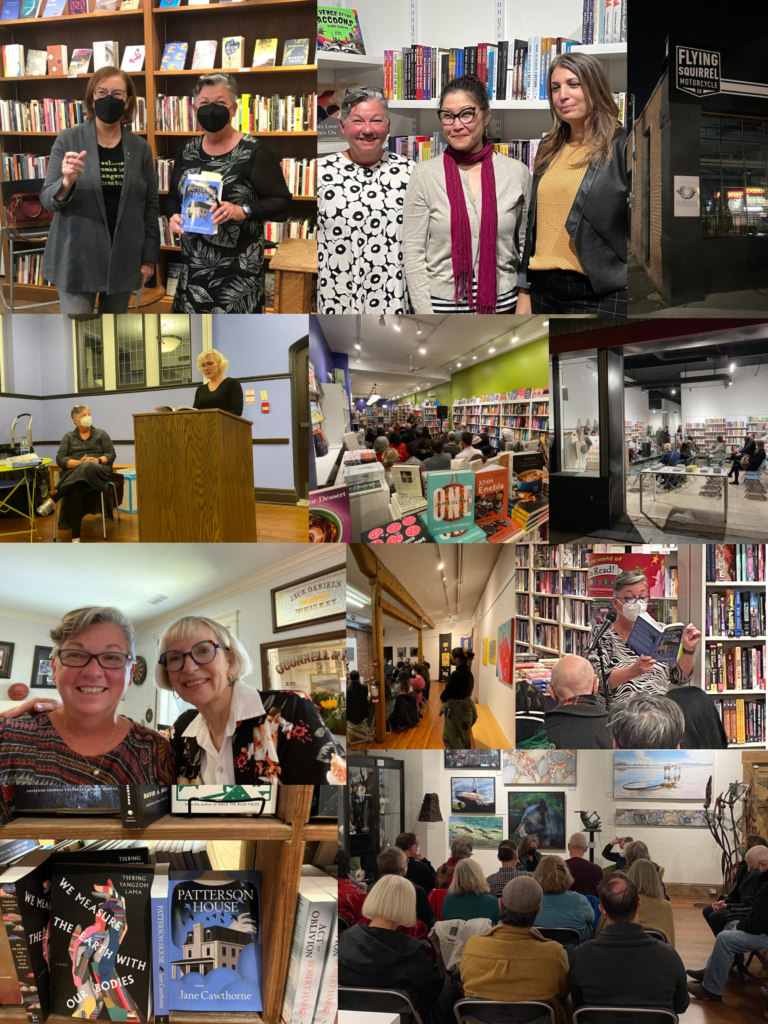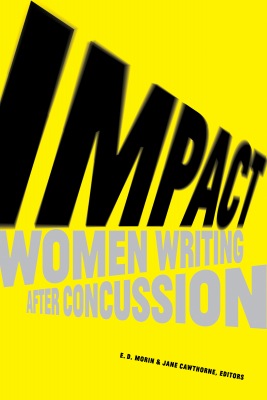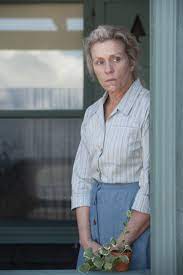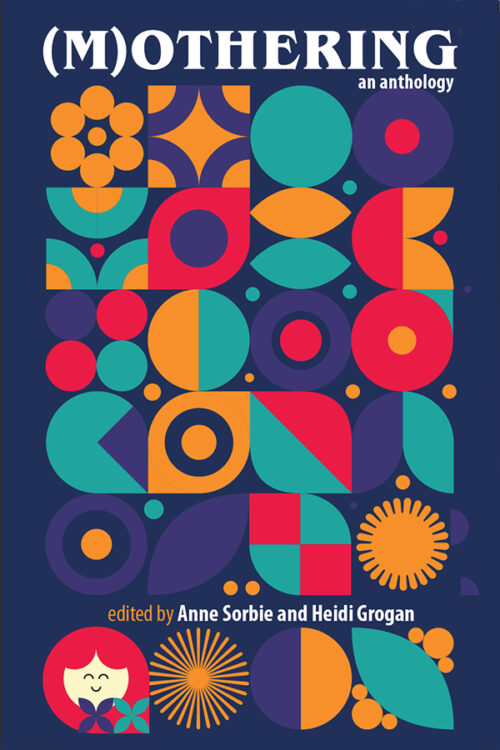It has been a joy to tour around Canada with Patterson House. Thank you to everyone who came out to events and a special thank you to everyone who joined me as a presenter including Aritha Van Herk, Rayanne Haines, Sandra S.G. Wong, Fran Kimmel, Katherine Taylor (twice!), Elizabeth Adilman, Judy Rebick, Sally McLean and Theresa Kishkan. What a wonderful experience to be with you all! And thank you to the venues and hosts — Shelf Life Books in Calgary, Glass Bookshop in Edmonton, Studio 106 in Victoria, Another Story Book Shop in Toronto, The Beaches Branch of the Toronto Public Library, Flying Squirrel Motorcycle Club in Toronto and Massy Arts/Massy Books in Vancouver. You were all so welcoming and helpful!
Talking with readers about Patterson House has been a real treat for me. The characters have been in my own head for such a long time that talking about them now feels gossipy and fun. I love it when people tell me they couldn’t put the book down and stayed up way too late to finish it. What a compliment!
Although the book tour is over, I’ll continue to talk about Patterson House at book clubs and with whoever else wants to talk to me about it! I have a couple of interviews coming soon with Women Writers, Women’s Books and one that will be out soon in the Beaches Metro Community News. These are my people! When people from the Beach tell me I got it right, I feel very complimented.
Here are a few photos from the tour.







